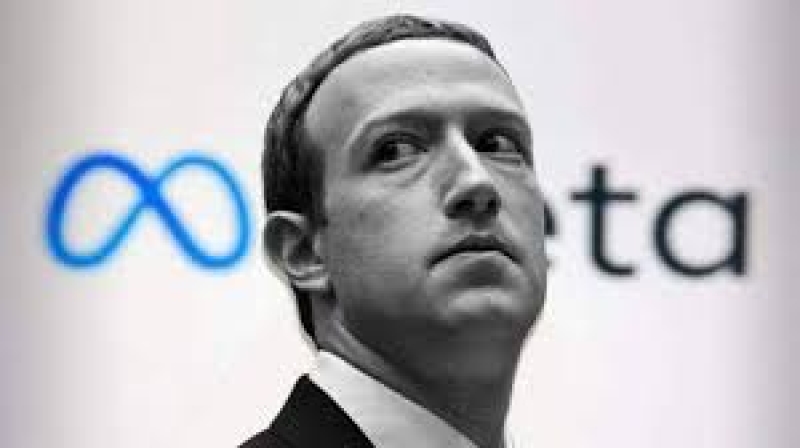- Puppet show enchants Children as Boi Mela comes alive on day 2 |
- DSCC Admin Salam’s drive to make South Dhaka a ‘clean city’ |
- 274 Taliban Dead, 55 Pakistan Troops Killed |
- Now 'open war' with Afghanistan after latest strikes |
- Dhaka's air quality fourth worst in world on Friday morning |
Zuckerberg Defends Meta Deals in Landmark Antitrust Trial

Meta CEO Mark Zuckerberg took the stand Monday in a historic antitrust trial that could reshape not only the future of the tech giant but also the legal framework governing major tech mergers in the United States.
The trial, brought by the U.S. Federal Trade Commission (FTC), accuses Meta of illegally monopolizing the social media landscape through its high-profile acquisitions of Instagram and WhatsApp. The agency contends that these deals were not just business moves but strategic efforts to eliminate emerging rivals and stifle competition.
“The result is a market where users have no meaningful alternatives,” argued Daniel Matheson, the FTC’s lead litigator, as he opened the case. The agency defines the relevant market as “personal social networking”—digital platforms primarily designed to connect friends and family.
Zuckerberg, the trial’s first witness, rejected the government’s claims, calling the acquisitions “strategic investments” intended to drive innovation and improve user experiences. While acknowledging a shift in how users engage with Meta’s platforms, he emphasized that “fostering personal connections” remains at the core of the company’s mission. “It is the case that, over time, the ‘interest’ part of that has gotten built out more than the friend part,” he said.
The FTC’s case hinges heavily on internal communications, particularly a 2012 email in which Zuckerberg appeared to describe acquiring Instagram as a way to “neutralize a competitor.” Another exchange showed concern that Facebook Camera, Meta’s then-rival photo app, was falling behind Instagram.
Zuckerberg did not dispute the authenticity of the emails but argued that they were taken out of context. He insisted they reflected early-stage discussions and not the company’s long-term vision—one that included significant investment in the growth and independence of both Instagram and WhatsApp after their acquisitions.
Meta’s legal team is expected to challenge the FTC’s definition of the market, arguing it is overly narrow. They point to robust competition from platforms like TikTok, Snapchat, YouTube, and even Apple’s iMessage to show that Meta does not dominate social networking as the government claims.
They also question the timing and basis of the FTC’s case, noting that both the Instagram (2012) and WhatsApp (2014) acquisitions were approved by federal regulators at the time. “The FTC’s case rests almost entirely on decade-old emails,” said a Meta spokesperson.
However, the FTC argues that Meta’s post-acquisition behavior strengthens its case. Matheson claimed that after acquiring Instagram, Meta deliberately slowed its development to avoid cannibalizing Facebook’s dominance—a move he described as “rational business strategy” that nonetheless “offends the principles of antitrust law.”
Zuckerberg is expected to return to the witness stand Tuesday, with further testimony focusing on Meta’s internal decision-making and the broader competitive landscape. Other key witnesses, including former COO Sheryl Sandberg and Instagram co-founder Kevin Systrom, are slated to appear in the coming weeks.
If the FTC succeeds, the repercussions could be sweeping. Meta may be forced to unwind its acquisitions of Instagram and WhatsApp—dismantling years of integration and potentially gutting its advertising model. Instagram alone is projected to generate over half of Meta’s U.S. ad revenue in 2025.
The trial, expected to span eight weeks, could become a defining moment in how courts view tech consolidation—and set a precedent for future scrutiny of big tech mergers.

